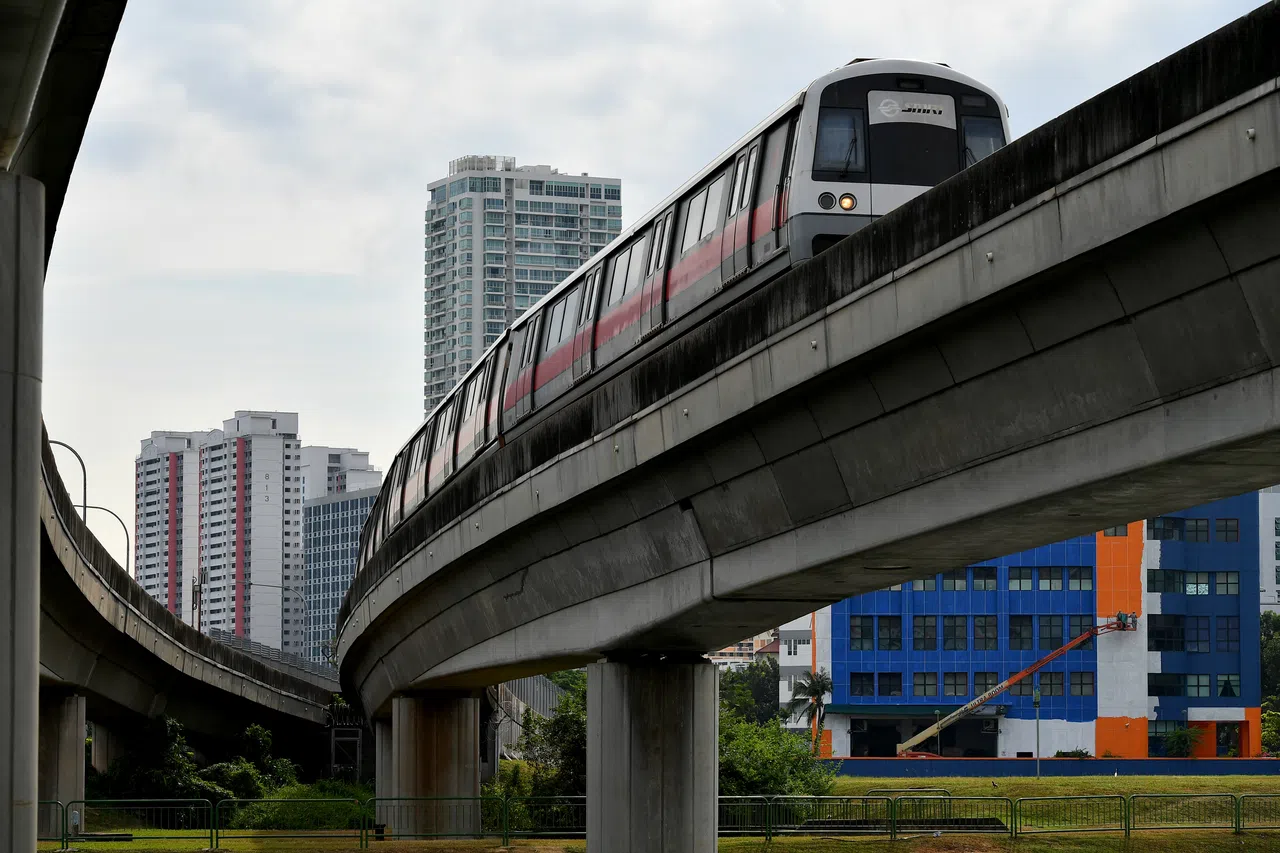New law increases control of ownership, management of critical transport firms in Singapore
SINGAPORE will get more control of designated critical entities across air, land and sea transport, under a new law passed by Parliament on Wednesday (May 8).
The Transport Sector (Critical Firms) Act sets the foundations to protect Singapore against possible future disruptions to its essential transport firms, said Transport Minister Chee Hong Tat at the debate on the second reading of the bill.
It will also help the country prepare for “possible extreme scenarios that may happen in future so that we are ready for these risks”, he added.
“For example, we cannot rule out the risk of malicious actors gaining control and adversely influencing our key transport entities jeopardising the provision of essential transport services in Singapore.”
Under the new law, designated entities will be subject to controls in ownership, management appointments, operations and resourcing.
This complements the Significant Investments Review Act that was passed by Parliament in January which scrutinises local or foreign investments into entities that have been deemed critical to Singapore’s national security interests.
GET BT IN YOUR INBOX DAILY
Start and end each day with the latest news stories and analyses delivered straight to your inbox.
Under the Transport Sector (Critical Firms) Act, the relevant statutory boards – the Civil Aviation Authority of Singapore, Land Transport Authority, and Maritime & Port Authority of Singapore – will designate affected entities for their respective sectors.
These designated entities must, for example, inform the authorities of changes in ownership and control above certain thresholds.
In response to queries from Members of Parliament about the criteria and number of designated entities, Chee said that various things will be taken into consideration.
These include whether the firm is involved in providing essential transport services, and whether it is strategically important in the sector.
“An entity may be considered strategically important if it has significant market share or specialised expertise in the industry. Designated entities are thus unlikely to be smaller companies with lower market share in the industry,” he said.
Designated entities may include firms owned by the government, Temasek or other shareholders, the minister added.
Chee said that a “small number of firms for each sector” would be designated entities.
The ministry has already engaged key transport firms that might be affected, and the relevant authorities will finalise the list of designated entities by the end of this year.
“If the relevant authorities have not engaged your company on this bill so far, it means there are currently no plans to include it as a designated entity,” said Chee.
He added that the law would not impact firms’ economic competitiveness or disadvantage their growth.
The law will not create significant compliance costs nor regulatory burdens, and does not interfere with the day-to-day operations or private commercial decisions of the firms, he explained.
Chee noted that many of the controls are already present under existing licensing schemes, with the new law consolidating these under one framework and extending these controls to non-licensees.
As for point-to-point (P2P) transport operators – which include taxi and ride-hailing companies – there are currently no plans to include them as designated entities.
The sector is still evolving and serves a “complementary role” to public transport, said Chee.
“We have an ongoing review of the P2P industry structure and regulatory framework and a decision can be taken after the review is completed.”
The P2P industry review is scheduled to be completed by the second half of 2024.

